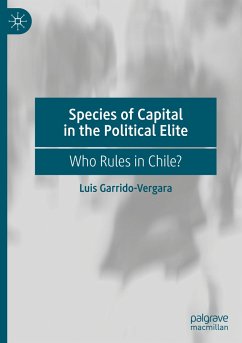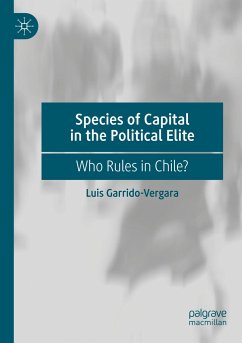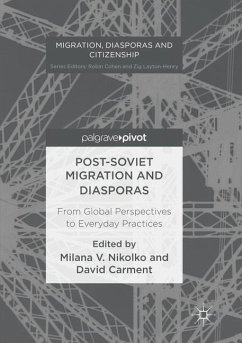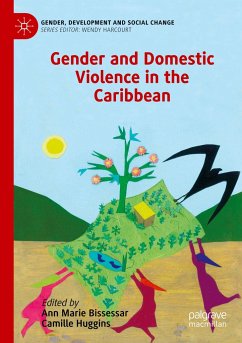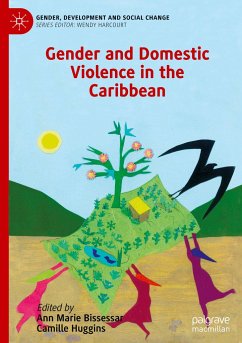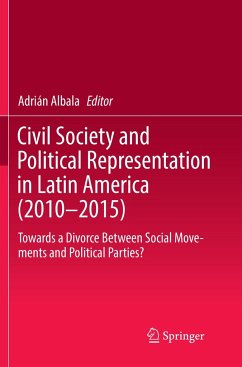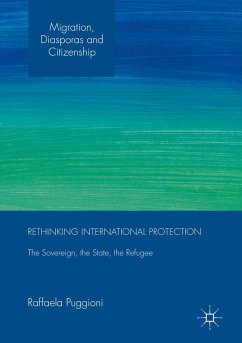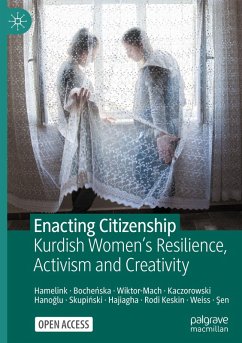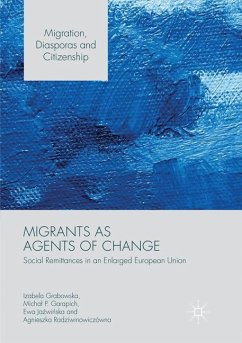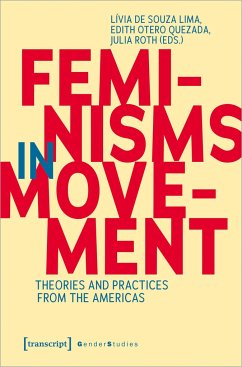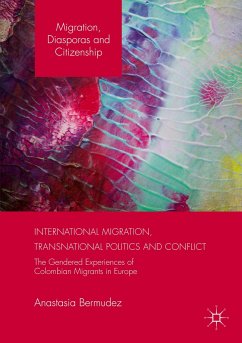
International Migration, Transnational Politics and Conflict
The Gendered Experiences of Colombian Migrants in Europe
Versandkostenfrei!
Versandfertig in 6-10 Tagen
38,99 €
inkl. MwSt.
Weitere Ausgaben:

PAYBACK Punkte
19 °P sammeln!
This book makes a timely contribution to debates surrounding transnational political participation, the relationship between diasporas and conflict, and the gendered experiences of migrants. It fills a significant lacuna in research by analysing how migrants relate to and become involved in the politics of their home and host countries, and how transnational political fields emerge and function. The author achieves this by focusing on the little known but instructive case of Colombian migration to Europe, and the connections between these flows and the armed conflict and efforts for peace in C...
This book makes a timely contribution to debates surrounding transnational political participation, the relationship between diasporas and conflict, and the gendered experiences of migrants. It fills a significant lacuna in research by analysing how migrants relate to and become involved in the politics of their home and host countries, and how transnational political fields emerge and function. The author achieves this by focusing on the little known but instructive case of Colombian migration to Europe, and the connections between these flows and the armed conflict and efforts for peace in Colombia. Shedding light on different types of migration and the rising complexity of international population movements, this innovative work will appeal to students and scholars of migration and diaspora studies, gender, political participation, conflict and peace studies and Latin American studies. It will also interest policy makers and community development workers engaged in these areas.





